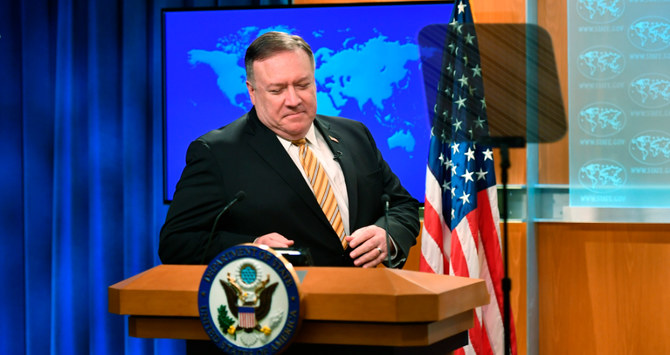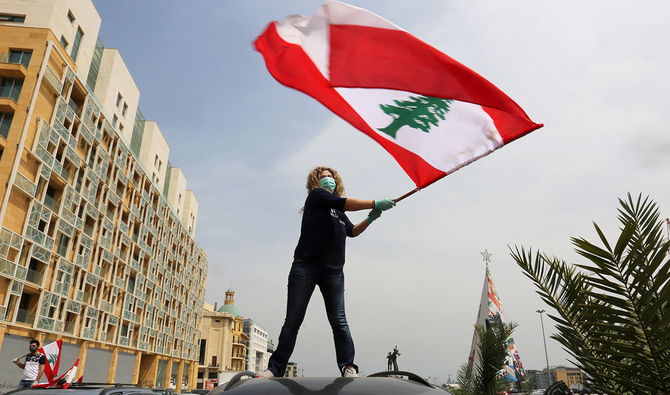
By NAJIA HOUSSARI — arabnews.com — Beirut : The US and UAE have warned Lebanon about maintaining ties with Hezbollah, as the country’s president convened a meeting to bring together political parties with the aim of “fortifying civil peace.” Lebanon’s domestic turmoil rocketed last year, with street protests, high-profile resignations and financial chaos. A new government, led by Prime Minister Hassan Diab, was formed in January. But there have been concerns about its composition as the majority of its ministers belong to Hezbollah and its allies. US Secretary of State Mike Pompeo told reporters on Wednesday that the US was prepared to communicate with any Lebanese government that carried out real reform, telling a press conference that the world would act in the interest of Lebanon if this was achieved, and if the government operated in a way that was not “beholden to” Hezbollah. “Lebanon’s financial crisis is rooted in decades of state corruption and waste,” he added.
The UAE’s minister of state for foreign affairs, Anwar Gargash, went one step further in his assessment of the country’s plight. “Lebanon is paying the price of deteriorating ties with wealthy Gulf Arab states as it struggles to cope with a deep economic crisis,” he said in an interview. He regarded Lebanon’s economic meltdown as “very worrying” and said that the UAE would only consider offering financial support in concert with other states. “If we see some of our friends and the major powers interested in Lebanon and working in a plan, we will consider that. But until now, what we are really seeing here is a deterioration of Lebanon’s Arab relations and Gulf relations over the past 10 years. Lebanon is partly paying the price for that right now.”










